To help Aboriginal and Torres Strait Islander corporations understand what Data Sovereignty means and why it matters...
Western Desert Nganampa Walytja Palyantjaku Tjutaku Aboriginal Corporation

Overcoming challenges
Western Desert Dialysis was established by people from the Pintupi Luritja language group to improve the lives of people suffering from end stage renal failure and to strengthen families and communities by helping people to return home to their remote communities on dialysis.
Western Desert Dialysis’s biggest challenge has been to develop a model of care which fulfilled cultural imperatives as well as fulfilling the expectations of mainstream health service delivery. Additionally, they faced the challenge of gaining government support and sustaining high levels of excellent service delivery. WDNWPT overcame these obstacles by engaging in constant dialogue with stakeholders, embedding cultural priorities in everything they did and involving patients and their families in designing models of care.

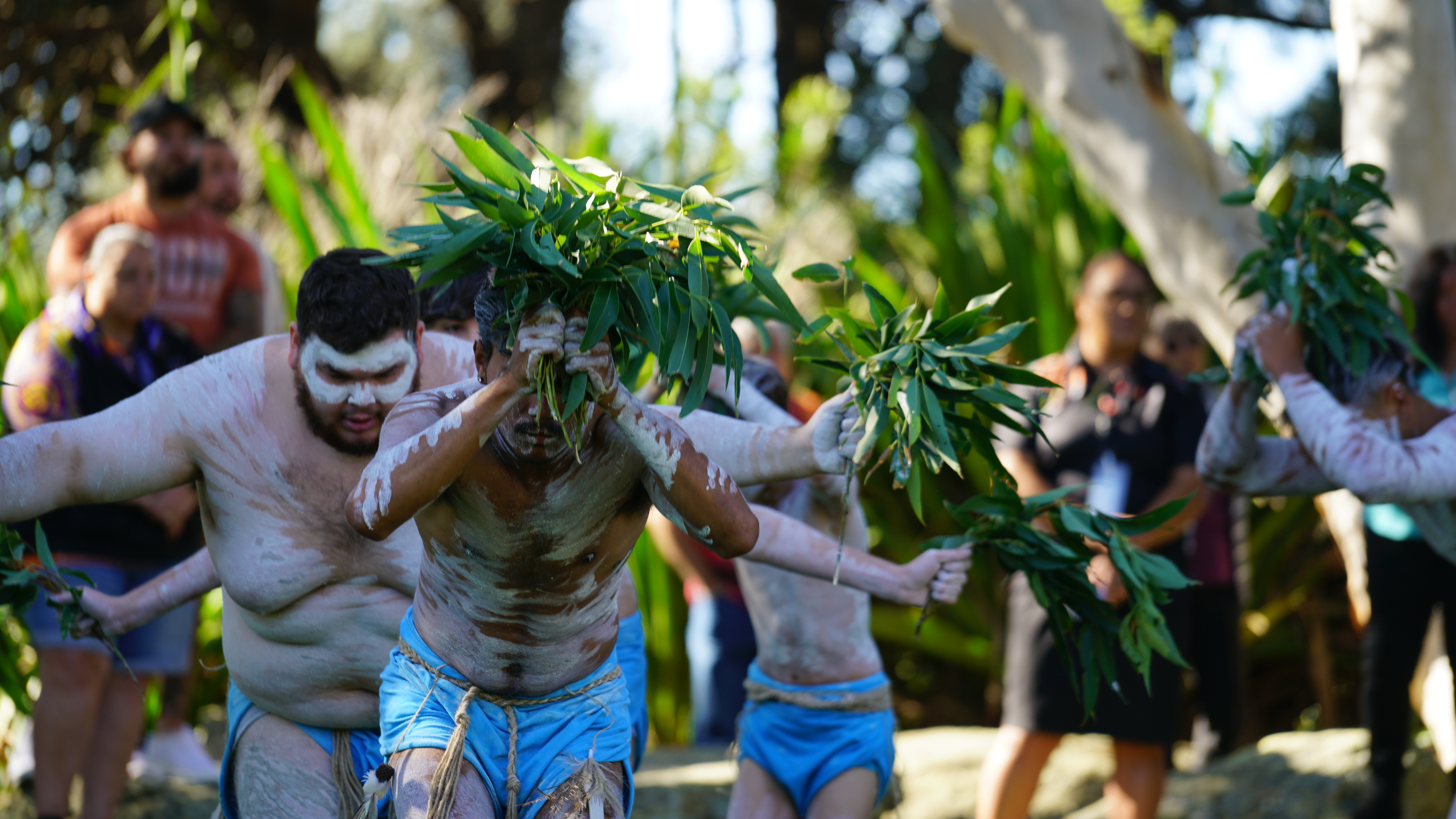
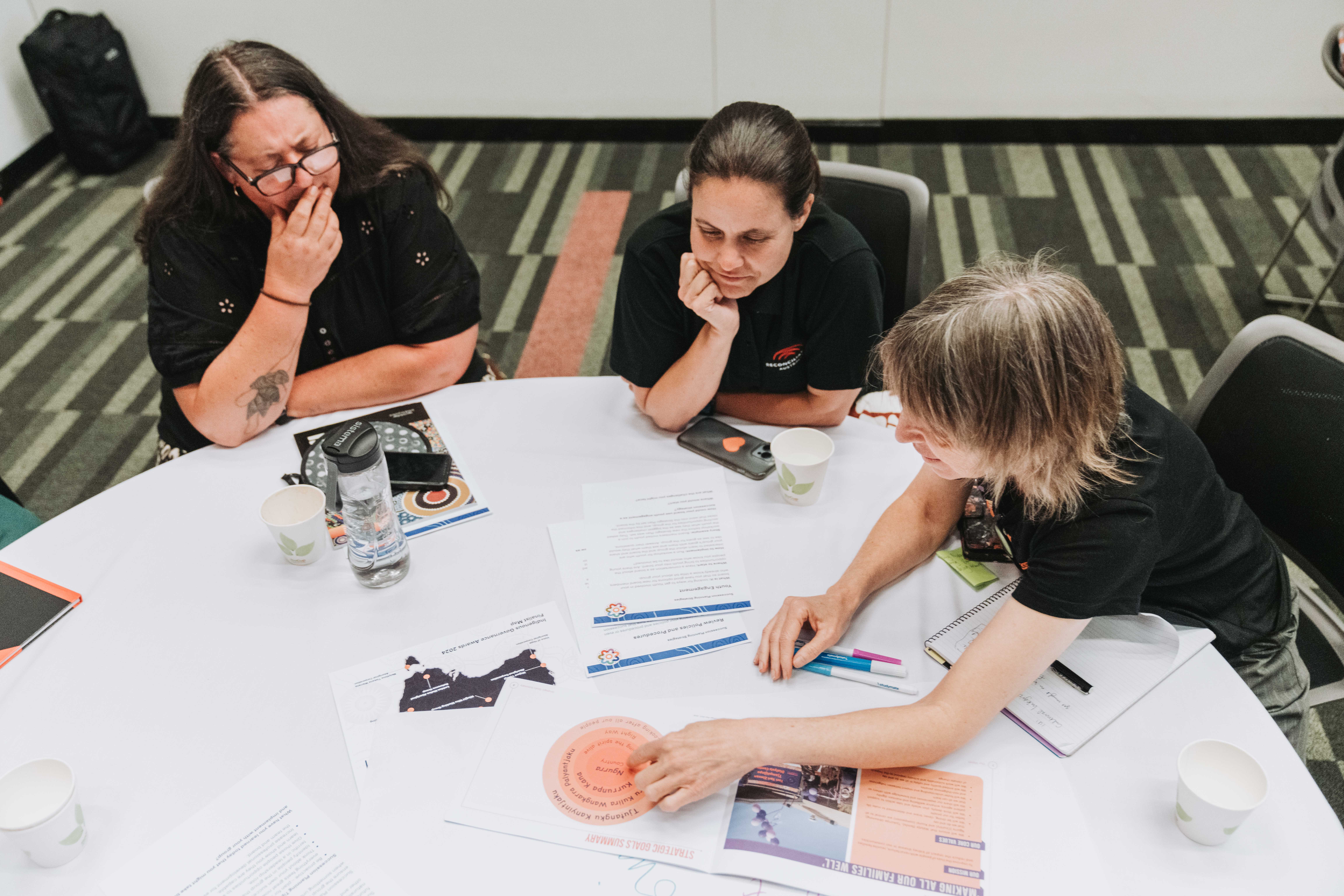
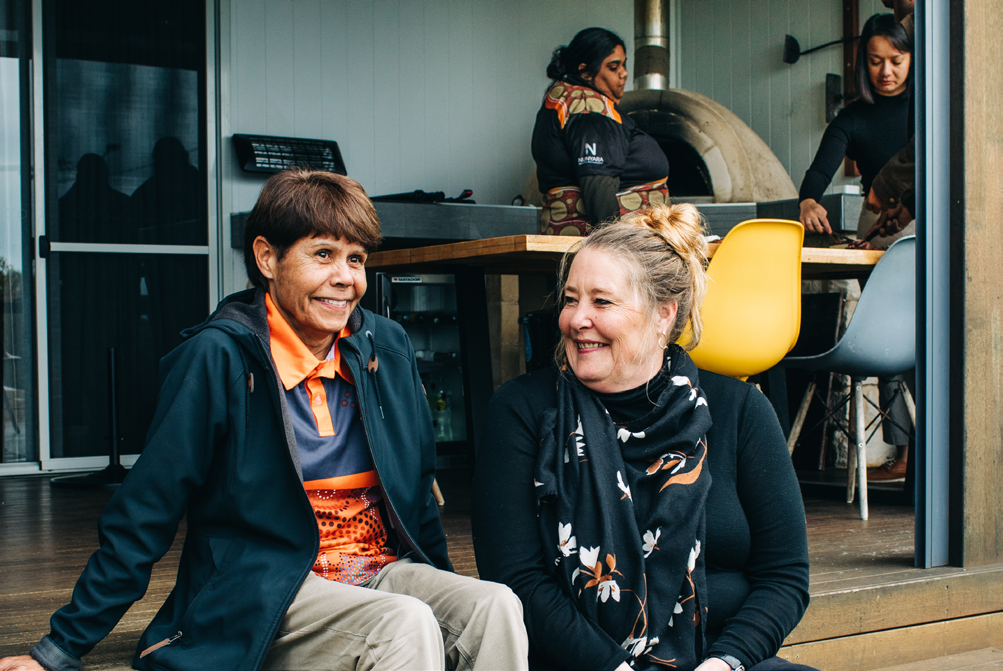
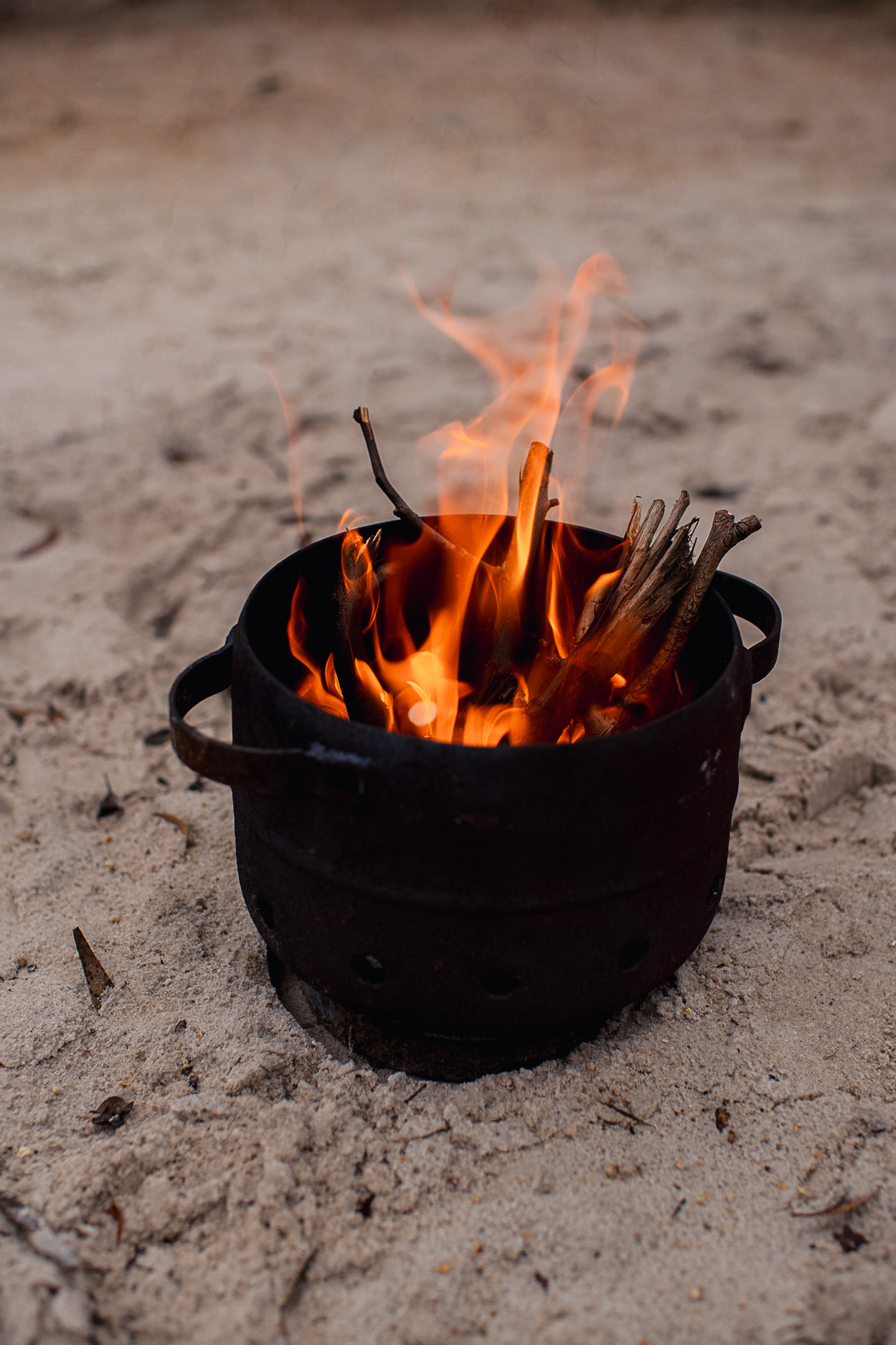
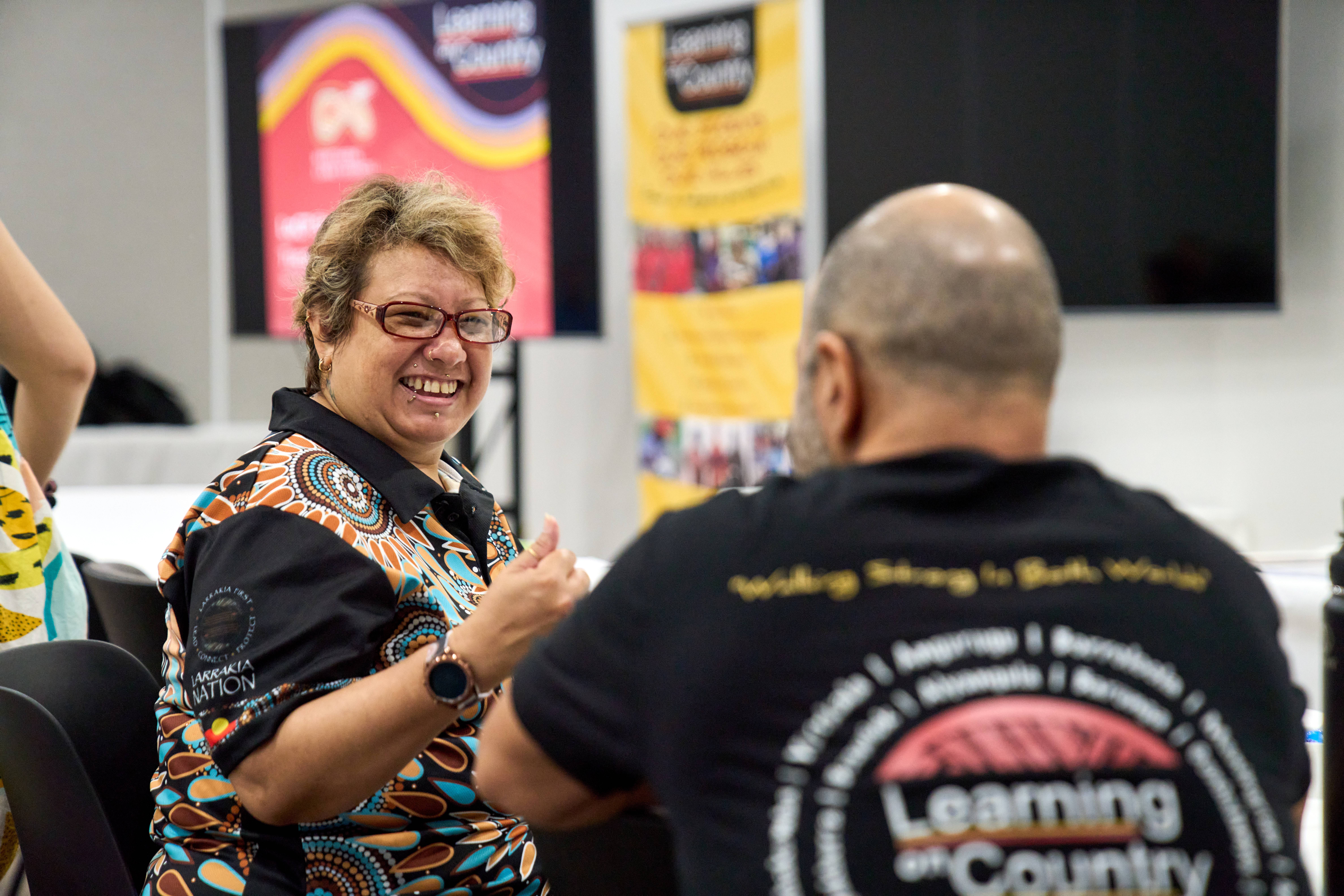
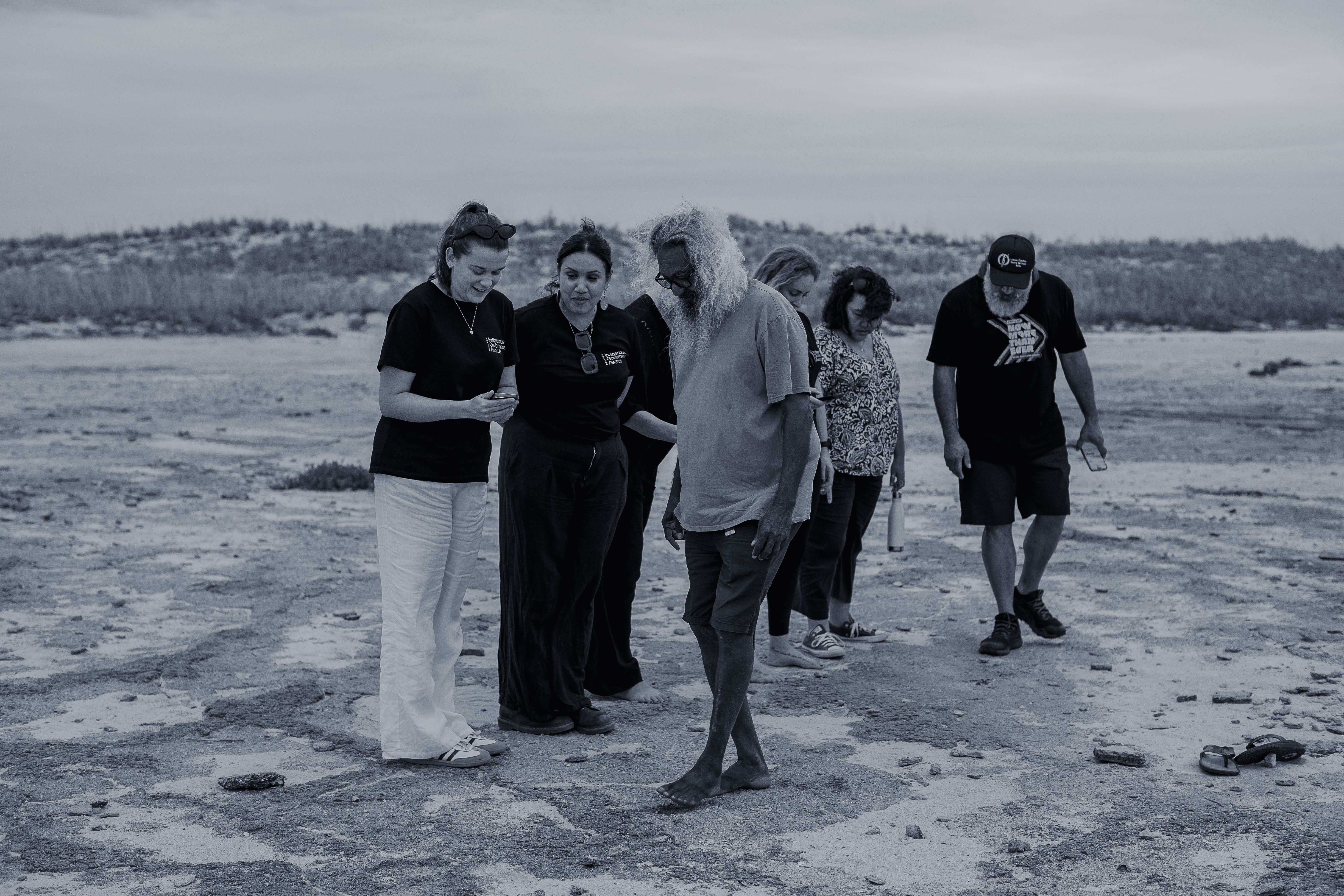
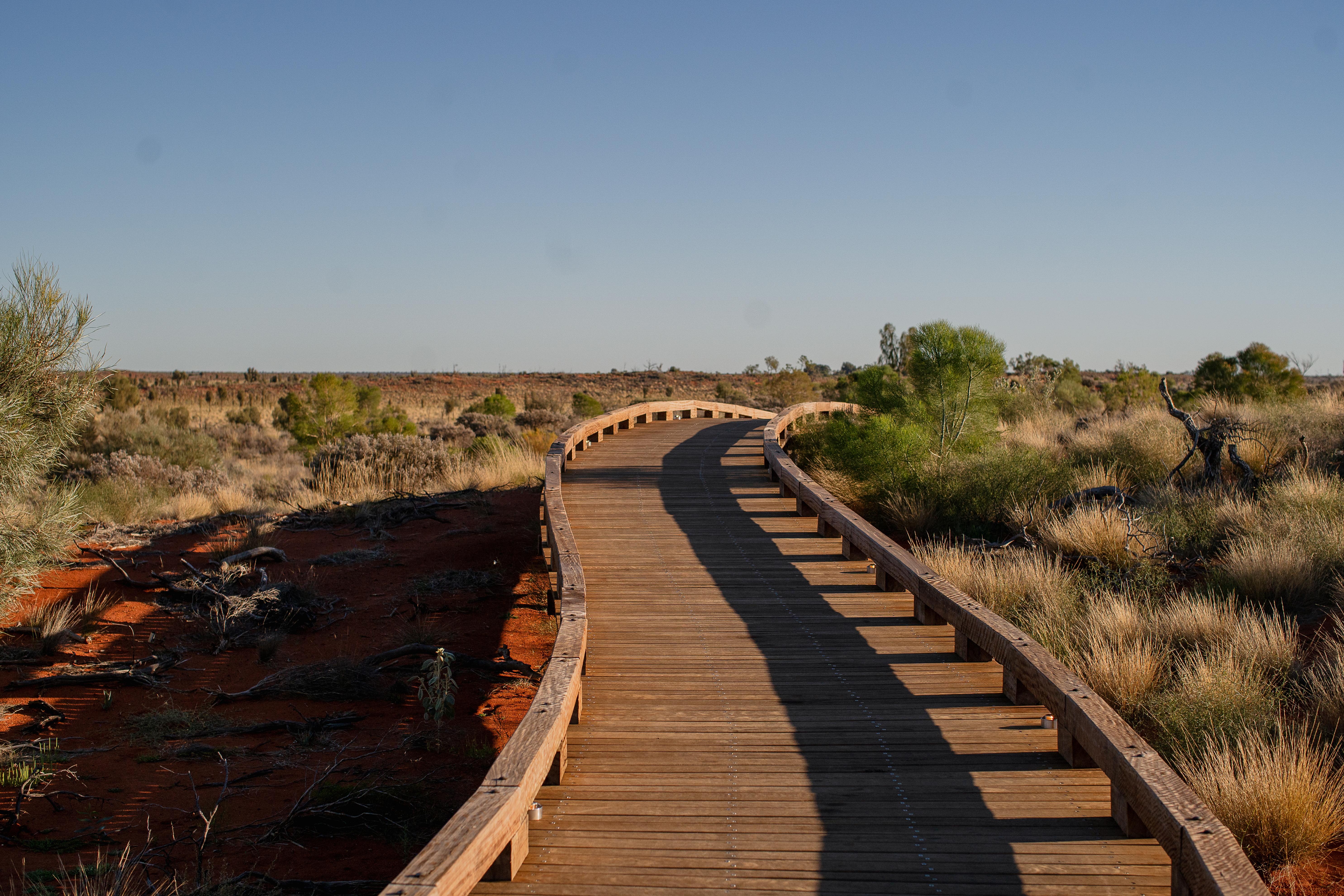
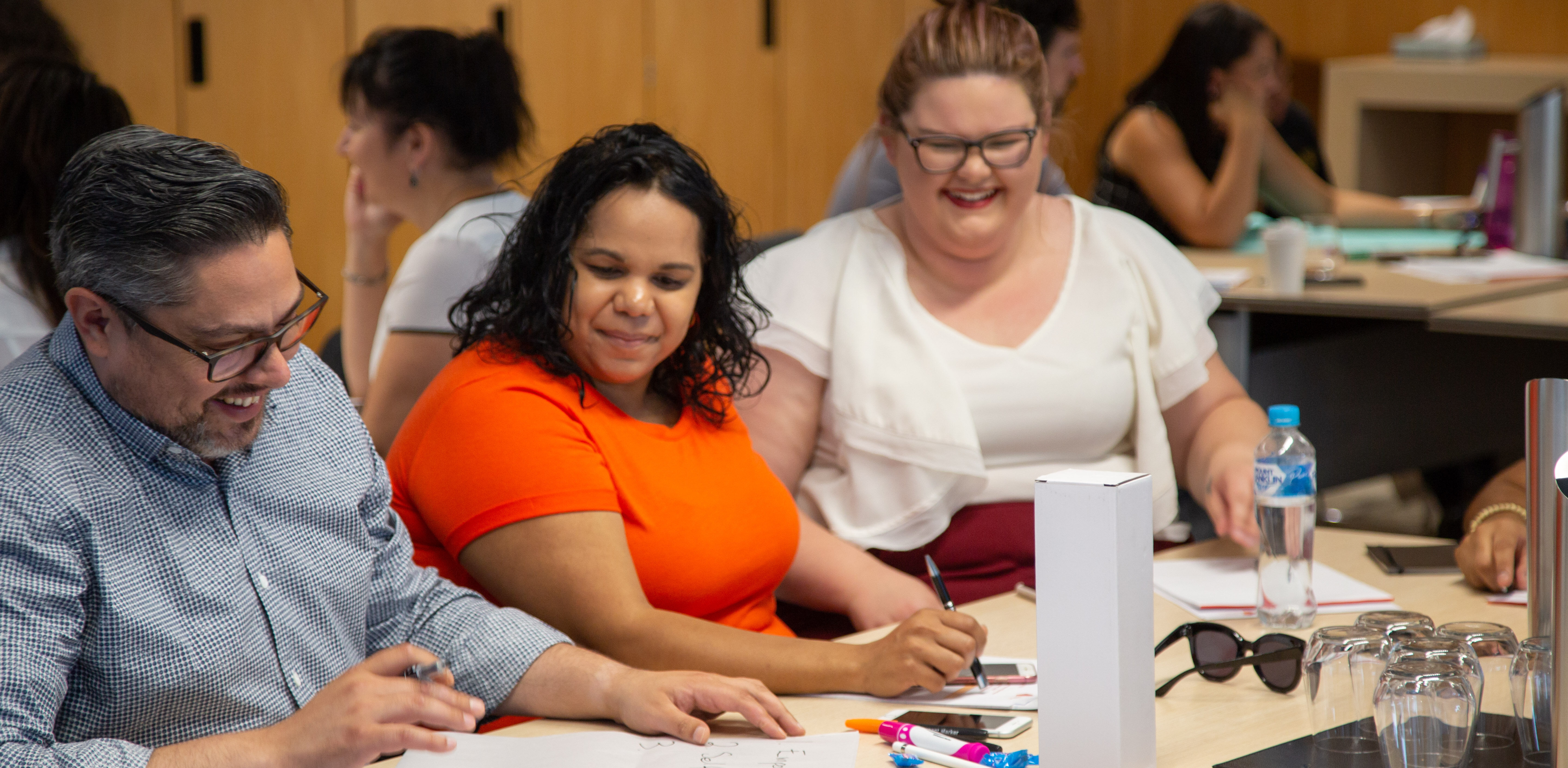
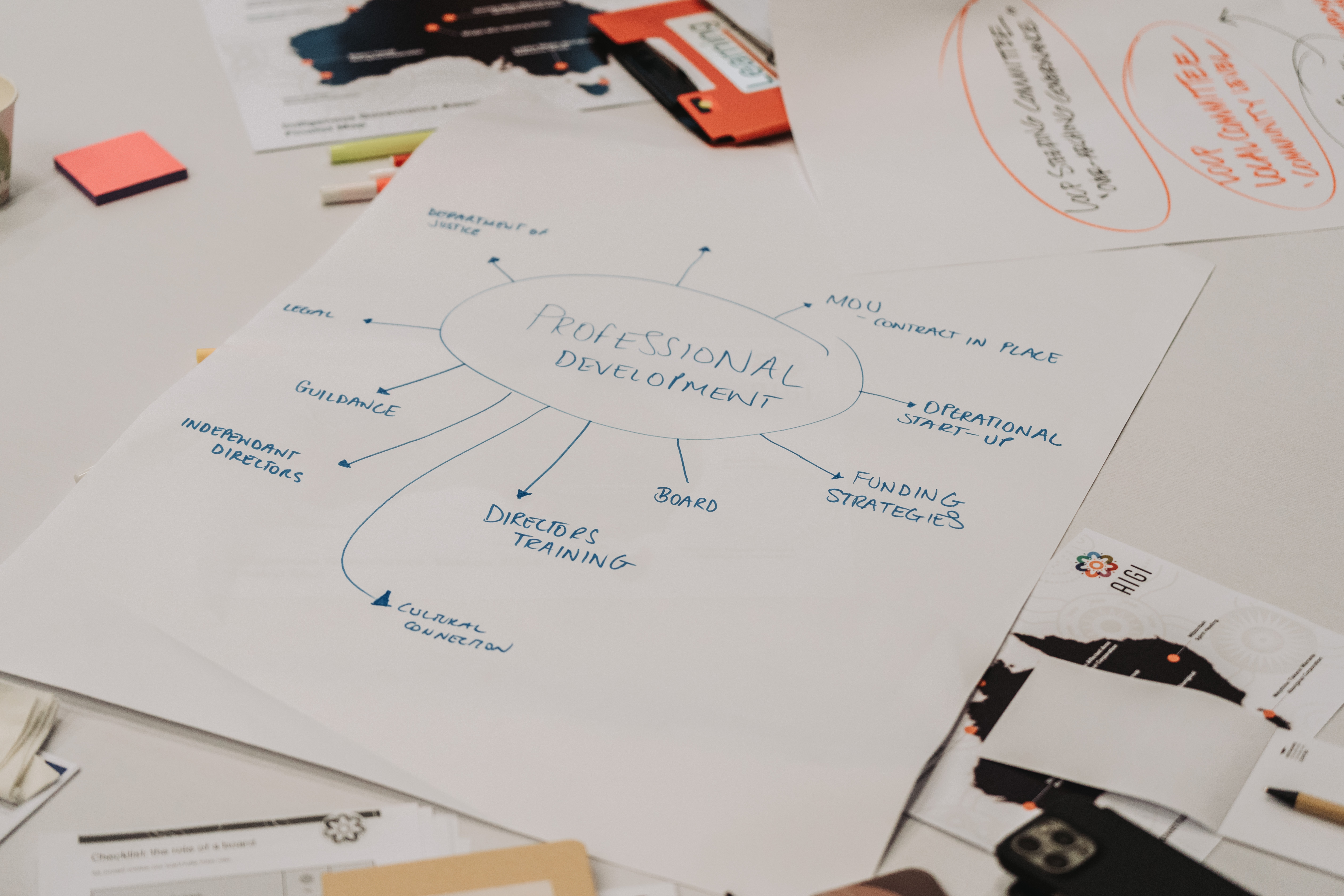
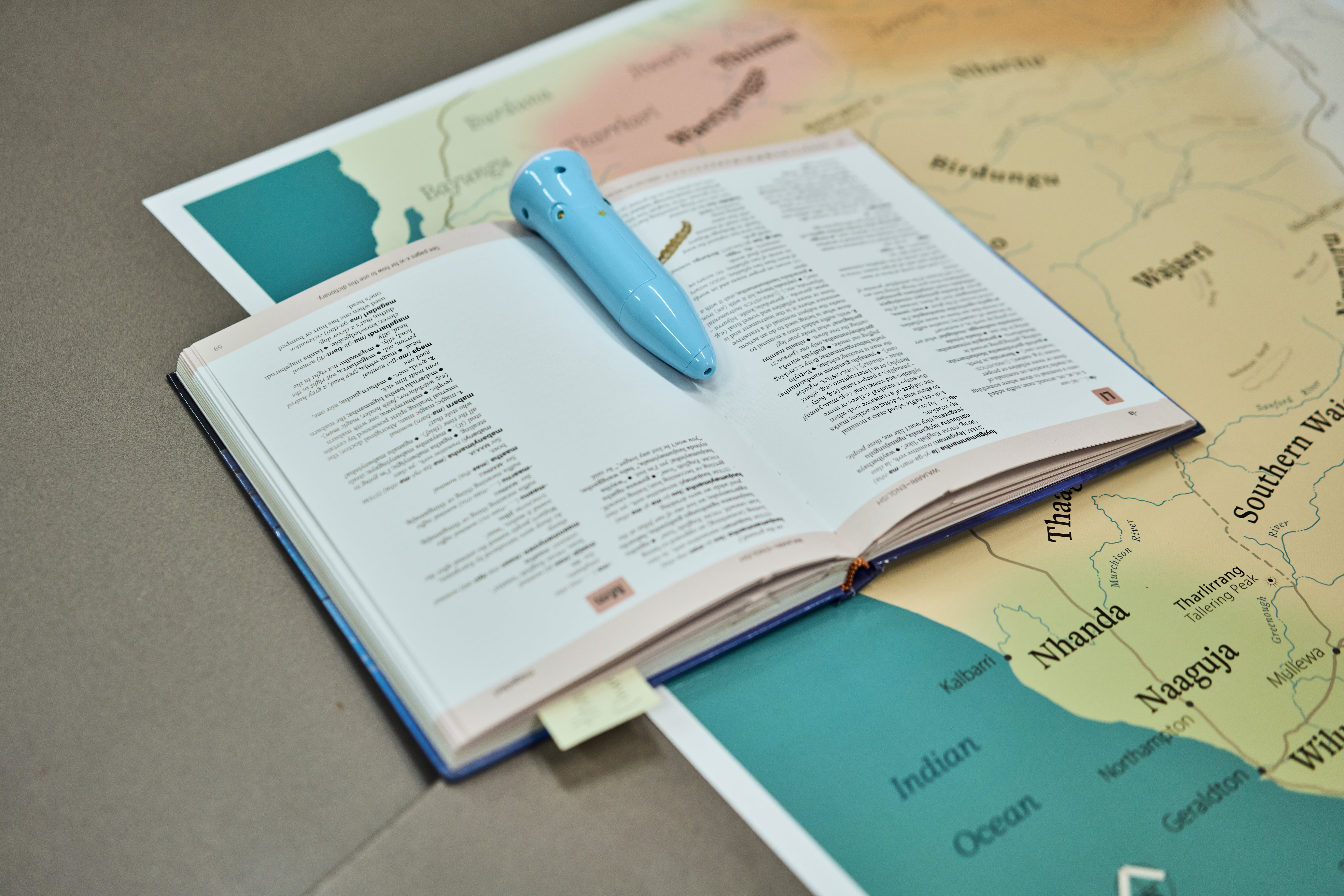

.png)

